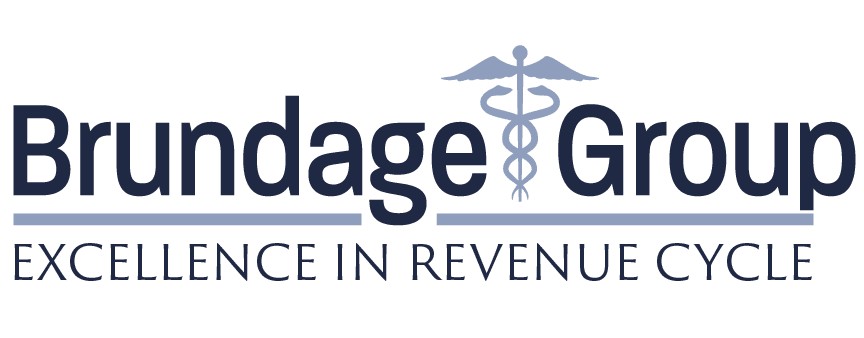Take control of Medicare Advantage denial challenges
The National Association of Healthcare Revenue Integrity (NAHRI) recently asked our medical director, Dr. Tim Brundage, for his insight on Medicare Advantage denials. Click to read the complete NAHRI Journal article, “Take control of Medicare Advantage denial challenges”.
“It isn’t surprising that MAOs are looking to make a profit; after all, they are private companies. But the implications of denying or delaying medically necessary treatment to cancer patients while offering benefits such as high-tech fitness trackers raises reasonable concerns about how some MAOs are using federal money, says Timothy Brundage, MD, CCDS, medical director of The Brundage Group in St. Petersburg, Florida. “They’re promising all the bells and whistles. The only way you can provide bells and whistles is if you’re actually saving cost, and the way to save cost is to have the care of the patient be lower than the expected cost of caring for the patient,” he points out.
In theory, MAOs will keep patients healthy by encouraging them to make use of lower-cost outpatient services such as regular primary care checkups. In turn, MAOs are encouraged to keep patients healthy and out of the hospital through risk-sharing and capitated payments. However, as the OIG report pointed out, that can incentivize MAOs to deny or delay medically necessary care that can only be provided in a hospital. “The biggest-ticket item that you have as a risk dollar is an inpatient hospitalization. That’s a super-expensive place to receive care, and obviously that patient is very sick if they get admitted to the hospital,” Brundage says. “The managed Medicare folks do everything in their power to keep the patient in observation or outpatient so they’re caring for their patient at the lowest cost possible.”
You May Also Like
How to Improve Claims Denials Management and Capture Accurate Reimbursement in the Healthcare Revenue Cycle
Are you facing challenges with the health of your revenue cycle? The following tips will guide you…
What is the Denial Management Process in Medical Billing
As you navigate the medical billing landscape, denial management becomes key. This process…
The Key to Effective Utilization Management
Utilization Management, focusing on quality patient care and cost-effectiveness, is a vital cog…

